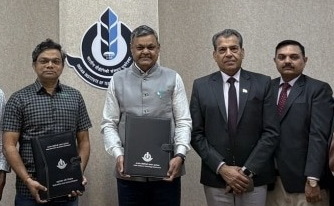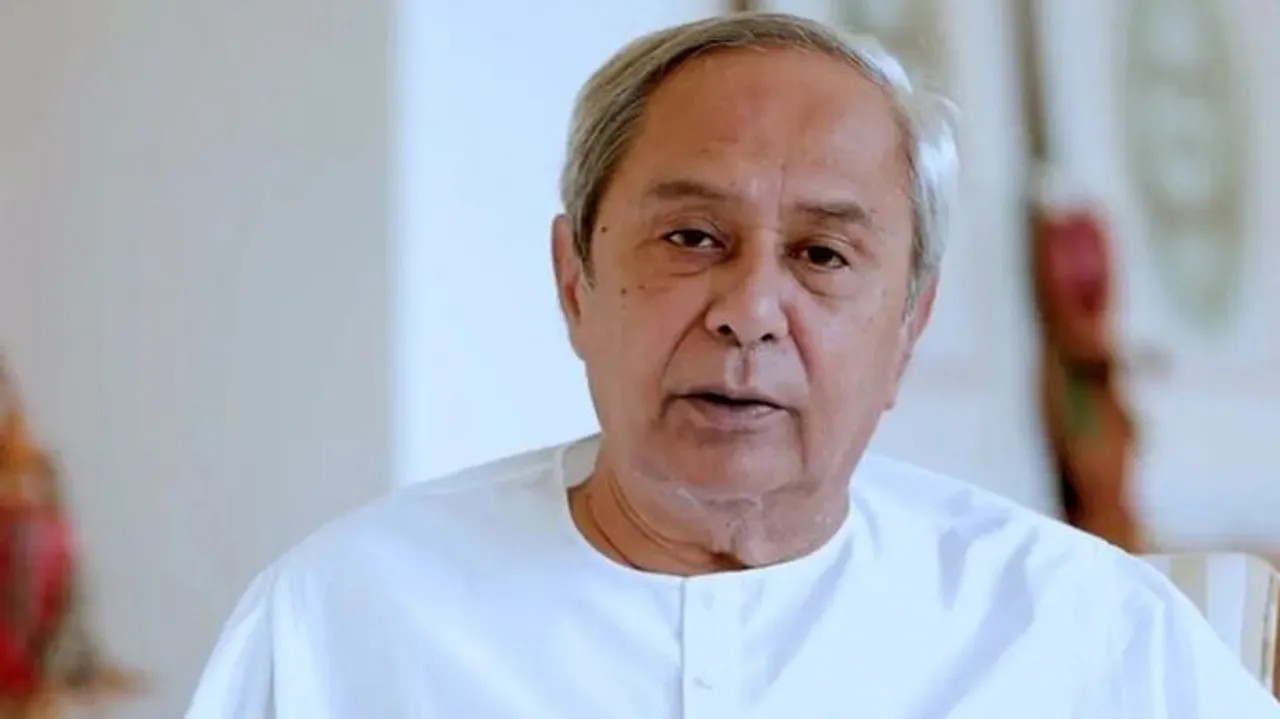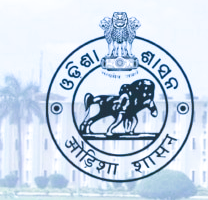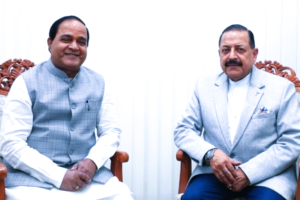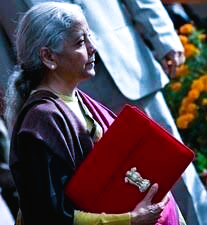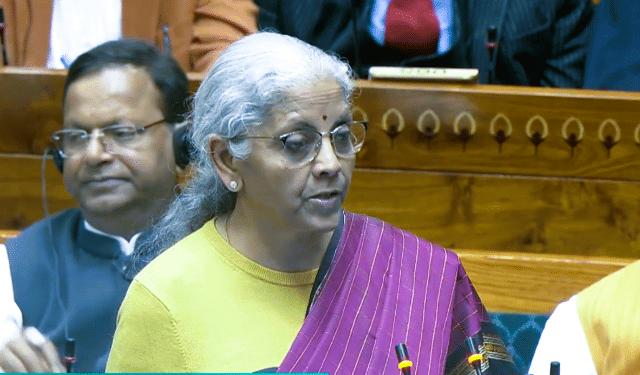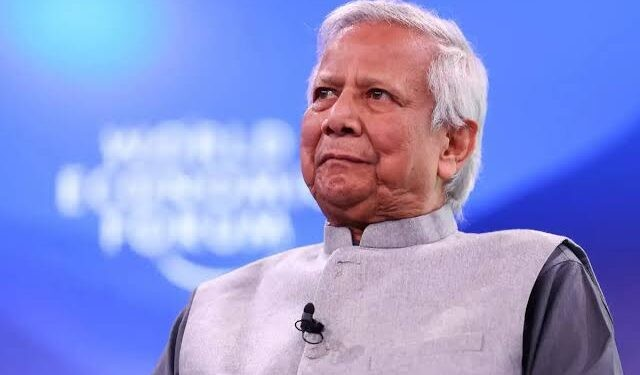
Bangladesh’s Interim Leader Yunus Mulls Resignation Amid Political Turbulence
Dhaka, Bangladesh ( OT Webdesk) — Muhammad Yunus, Nobel laureate and current interim leader of Bangladesh, has reportedly expressed his intent to resign if political parties fail to support his administration.
This revelation comes at a time of growing uncertainty surrounding the nation’s electoral process.
Yunus’s administration was established following a mass student-led uprising last year, but recent developments indicate mounting pressure from political opposition and military leadership.
Sources close to Yunus revealed that while he considered stepping down, cabinet members urged him to remain in office.
The situation escalated on Thursday when thousands of Bangladesh Nationalist Party (BNP) supporters marched through Dhaka, demanding a concrete election roadmap. This demonstration marked the first major public protest against Yunus’s transitional government.
Political Tension and Military Warnings Nahid Islam, leader of the National Citizen Party (NCP) and a key political ally of Yunus, confirmed the resignation rumours in an interview with BBC Bangla: > “He said he is thinking about it. He feels the situation is such that he cannot work.”
Islam has urged Yunus to hold his position for the sake of national stability, warning that his departure could lead to further political unrest.
However, the military has signalled its own expectations—Army Chief General Waker-Uz-Zaman recently stated that elections must be held by December, citing a breakdown in civil administration and law enforcement.
BNP leaders demand an immediate and clear election timeline, whereas Yunus previously pledged polls by June 2026. His administration, born from a revolution, now stands at a crossroads as opposition forces push for clarity.
Uncertain Road Ahead As Bangladesh teeters between transition and turmoil, Yunus’s next move may determine the nation’s political stability.
With pressure from political leaders, demonstrators, and the military, all eyes are on whether Yunus will resign or push forward with his reform agenda.


